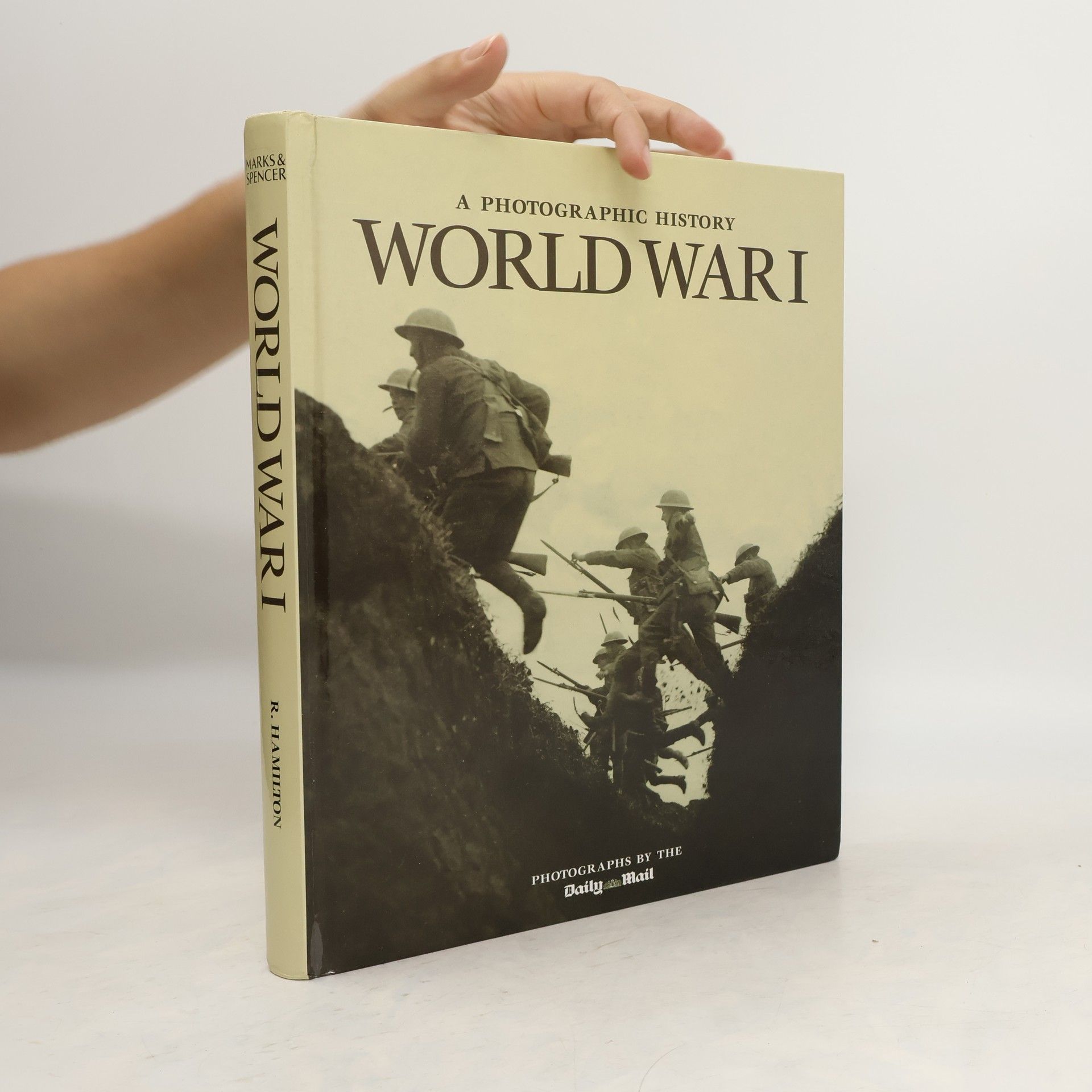The History of World War I in Photographs Hamilton, R.
Richard F. Hamilton Boeken


Analytical Chemistry by Open Learning: Thin Layer Chromatography
- 150bladzijden
- 6 uur lezen
A practical introduction to one of the more popular separation techniques. Readers will learn to perform separations and will develop the ability to make an educated guess as to what the conditions will be to separate a new mixture of compounds. The authors provide classes of compound and background theory that quickly develop the skills of the student learning thin layer chromatography. Chapter coverage includes stationary phase, mobile phase, practical techniques, applications, recent developments, and advantages and disadvantages of thin layer chromatography. Includes a bibliography of texts providing additional separations for further study.